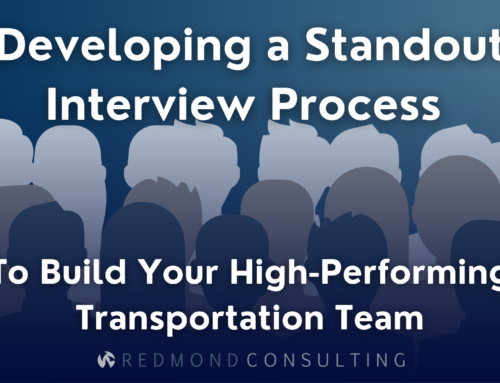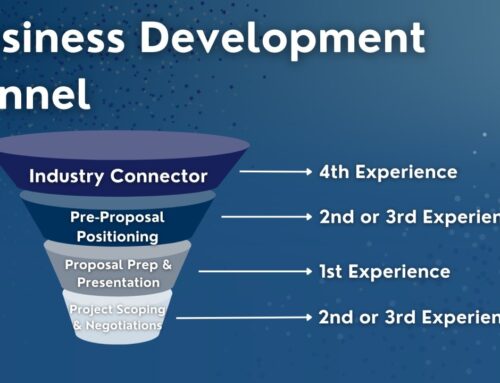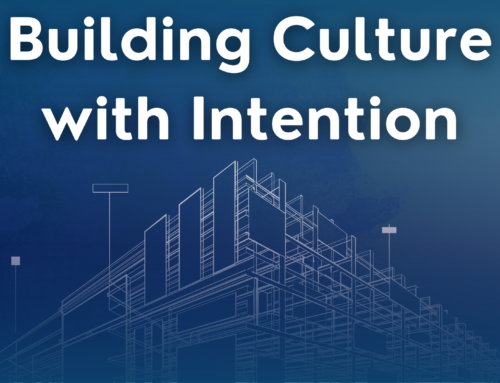I often find myself repeating these words:
often find myself repeating these words:
“If it’s too easy to get, it’s not worth getting.”
The context in which I utter this phrase has changed over the years. Five plus years ago, it was typically in the context of counseling a candidate not to buckle under pressure of an offer that came out fast and furious, before my client had the chance to fully qualify and get to know them.
As a recruiter, I am supposed to like firms which offer jobs to candidates at the speed of light (such as at the end of an interview – it happened!). However, this modus operandi always made me feel uncomfortable and distrusting. There are so many angles to making the right hire, it’s impossible for each party to evaluate each other in a single interaction. “A careful employer should understand that thoughtful candidates know this intrinsically,” I would say to myself. With a tag line such as “candidate + culture” I consider evaluating the “fit” to be an art form. I therefore counseled employers to be swift, yet prudent, in their pursuit of talent.
Today, I really don’t have to worry about shotgun offers so much. (Those of you who know what a supreme understatement this is are chuckling at this moment.) I do, however, continue to counsel EMPLOYERS that nothing worth getting is had easily.
It is easy to blow off the nuances and niceties of the recruiting process when our perception is that we are offering a “primo” job in a soft market. The flip side of this scenario is that “primo” candidates aren’t going to leave their comfy employment situations to accept just any offer. They are raising the bar on New Opportunity because it now means having to leave the security of established relationships, selling a home, or some other circle of hell as defined by the Great Recession.
In response to healthy candidate skepticism, the right thing to do is to continue to roll out the red carpet because getting the best talent is still hard work (“If it’s too easy to get, it’s not worth getting”), BUT this is not a one-way street. This adage still very much applies to the CANDIDATES as well.
The meaning this phrase conveys in today’s context is to empower your candidates in the interview process. Give them the basic tools they might need to prepare, and see what they do with them. Advise them in advance of the agenda, who they will meet, and a line or two about each person, and generally what to expect in the meeting. Throw in a thoughtful topic if you dare. Do you have some talking points you want them to prepare on a certain topic? Perhaps you’d like to see a short presentation on their crowning achievements, technically or professionally?
Some of you might think this is prepping the candidate too much, but you’re not telling them what you’re looking for from them; you’re just allowing them to put more thought into how they’ll use the basic information you’ve shared.
Give slightly worried or reticent candidates enough information so that they can “own” the meeting, and see what they do with it. It is my observation that the more a candidate has invested in preparation for a meeting, the more likely it is that s/he will accept an offer should it be forthcoming. This is because they actually did something to earn it.
Which reminds me of another adage….The more things change, the more they stay the same.





A professional understands his or her field of work has as much if not more to do with relationships as with getting the job done. A professional is more a relator, a connector, than just a worker. Office and client relationships matter. The interview therefore becomes more about how this person “fits” into the fabric of the office and the clients. The questions to resolve are: Is this person have excellent skills at connecting people and relating to people? Can this person relate to and connect with our clients needs, and respond appropriately?